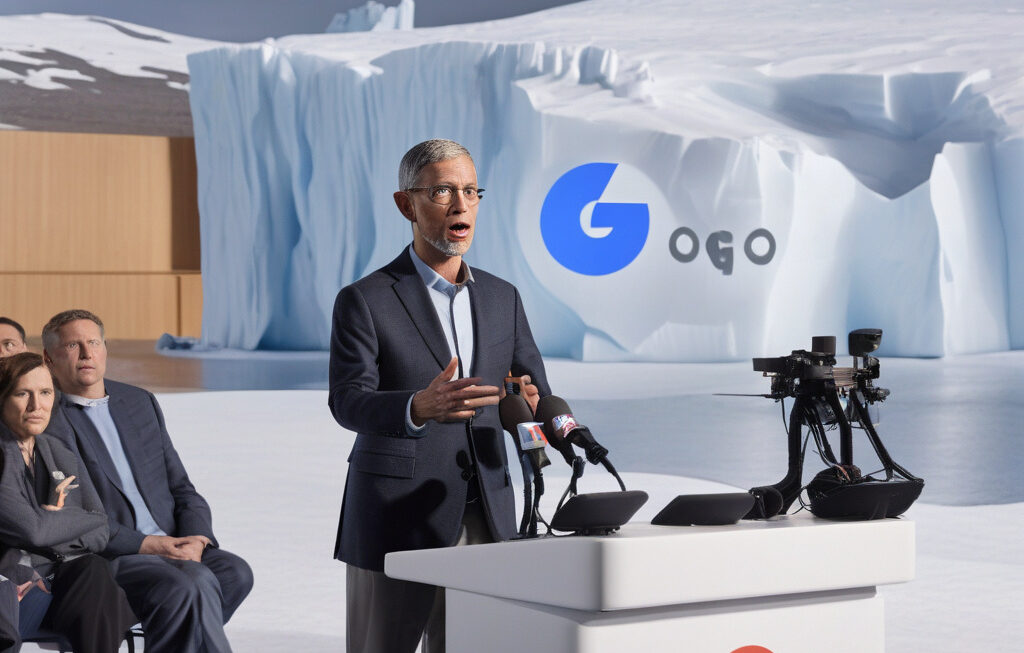UNESCO Panel Urges Ethics to Lead Innovation in Emerging Technologies
Will emerging technologies serve humanity or undermine it? This pivotal question lies at the core of discussions surrounding the rapid advancement of technology in today’s world. As new innovations continue to reshape industries and societies, the call for ethical considerations to drive these developments has never been more critical. Recently, a UNESCO panel emphasized the need for ethics to be at the forefront of emerging technologies, rather than being treated as an afterthought. This shift in perspective raises important points about the direction of technological progress and its impact on the future.
The intersection of technology and ethics has become increasingly complex as breakthroughs in artificial intelligence, biotechnology, and other fields present both unprecedented opportunities and challenges. From autonomous vehicles to gene editing, the potential for these technologies to transform our lives is immense. However, alongside these advancements come ethical dilemmas related to privacy, security, equality, and more. Without a proactive approach to addressing these issues, the risks of unintended consequences and harm loom large.
In many cases, the development of emerging technologies has outpaced society’s ability to anticipate and mitigate their ethical implications. This gap has led to instances where innovation has come at the expense of fundamental values and principles. As a result, there is a growing recognition that ethics must play a central role in guiding technological progress from the outset. By integrating ethical considerations into the design, implementation, and regulation of new technologies, we can ensure that they align with the collective interests and well-being of humanity.
One key aspect of incorporating ethics into emerging technologies is fostering multidisciplinary collaboration among experts from various fields, including ethics, science, policy, and more. By bringing together diverse perspectives and knowledge bases, we can better anticipate the potential impacts of new technologies and develop strategies to address them proactively. This approach not only enhances the ethical framework surrounding innovation but also promotes a more holistic and inclusive decision-making process.
Moreover, placing ethics at the forefront of technological development is essential for building trust and accountability with stakeholders, including governments, businesses, academia, and the general public. Transparency in how emerging technologies are created and deployed is crucial for ensuring that they serve the common good rather than perpetuating harm or inequality. By prioritizing ethics, organizations can demonstrate their commitment to responsible innovation and earn the confidence of society at large.
In practice, integrating ethics into emerging technologies requires a combination of principles, guidelines, and mechanisms that can adapt to evolving challenges and contexts. For instance, ethical frameworks such as transparency, fairness, accountability, and inclusivity can serve as guiding principles for technology developers and policymakers. By embedding these values into the decision-making processes governing technology, we can foster a culture of responsible innovation that upholds ethical standards and promotes positive societal outcomes.
Ultimately, the call for ethics to lead innovation in emerging technologies reflects a broader shift towards a more human-centric approach to technological progress. By prioritizing ethical considerations from the outset, we can steer the trajectory of technology towards serving humanity’s best interests and addressing pressing global challenges. As we stand at a crossroads of unprecedented technological advancement, the choice between a future that uplifts or undermines humanity hinges on our commitment to making ethics a core foundation of innovation.
In conclusion, the imperative for ethics to guide emerging technologies signals a new chapter in the evolution of innovation. By recognizing the pivotal role that ethics plays in shaping the impact of technology on society, we can pave the way for a future where technological progress aligns with our values, aspirations, and collective well-being. As we navigate the complexities of a rapidly changing technological landscape, let us heed the call for ethics to lead the way towards a more sustainable, inclusive, and ethical future for all.
UNESCO, ethics, innovation, technology, humanity











